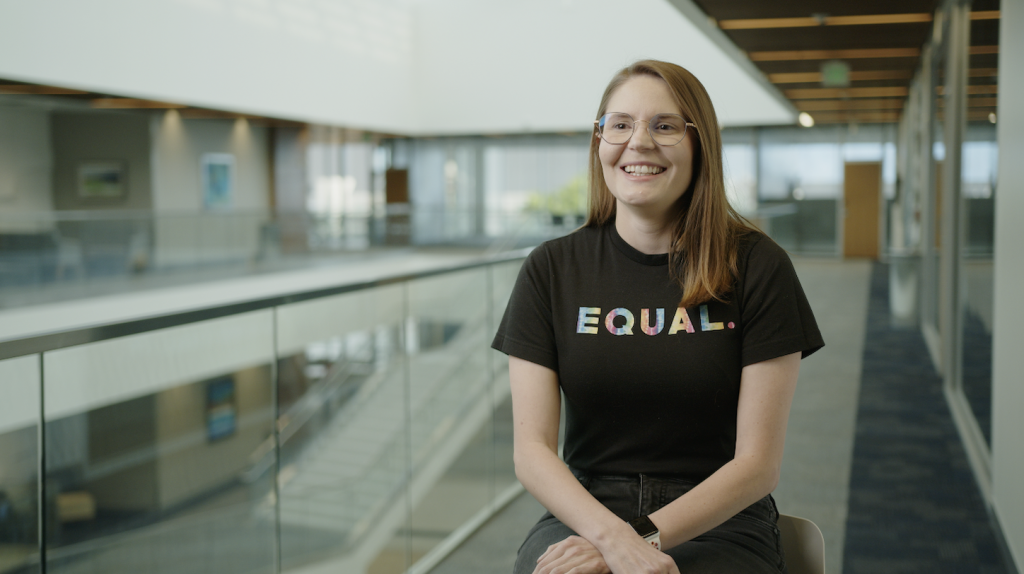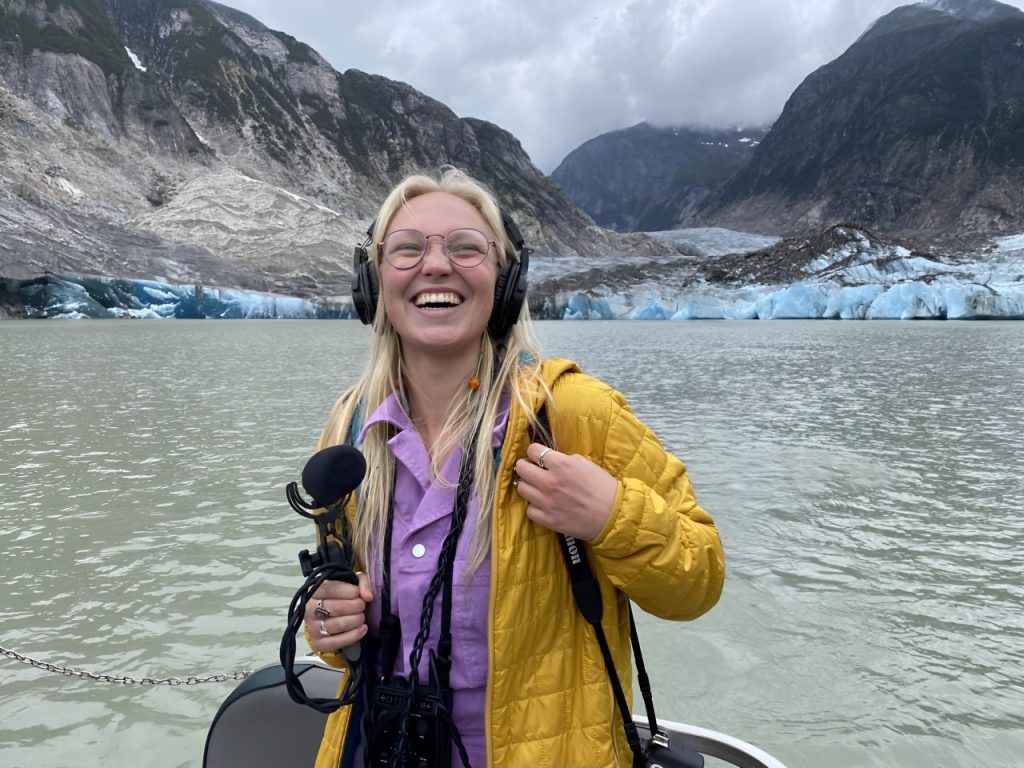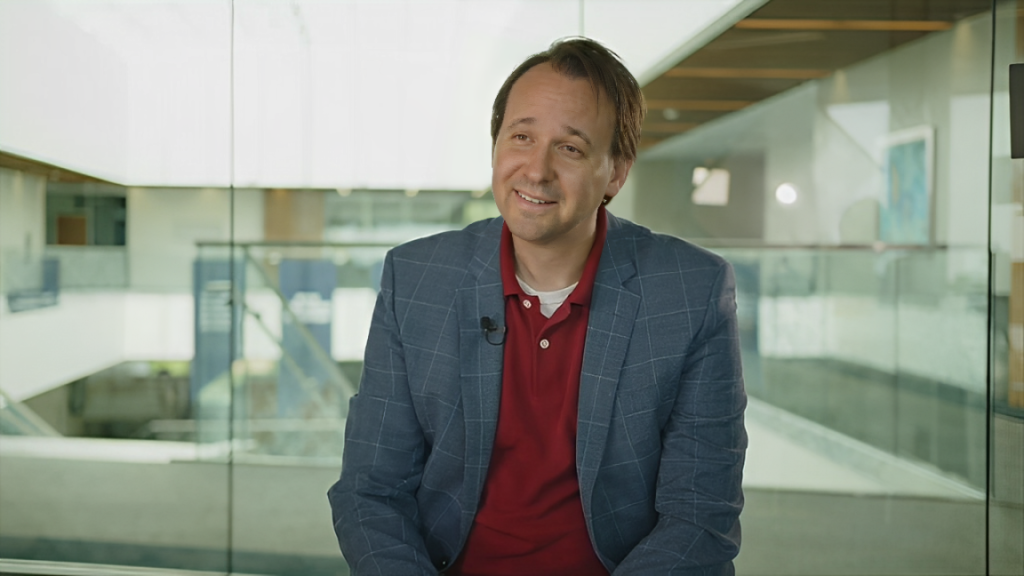Acquiring a high degree of proficiency in another language doesn’t just benefit those who want to use it in their day-to-day professional lives. “From the Classroom to the Boardroom: Using Arabic in Your Career,” an episode of the #AllThingsArabic podcast hosted by Qatar Foundation International, features four professionals: Arturo, Emily, Sage and Neal (see below). Only two of them use Arabic professionally but not as a critical part of their work today. Listen on Spotify, Apple Music or your favorite podcast source as each reflects on how their study of Arabic has led them to where they are and greatly enriched their careers and their personal lives.
 Arturo developed a strong connection to the Middle East due to the relationships he built with the people he met as a participant on an Arabic language study abroad. These skills have made a big difference in his professional career in poverty alleviation, international development, and social impact. His experiences and knowledge of the Middle East have made him the go-to guy to help his organization improve their image and effectiveness in the region. His experiences learning Arabic were critical in achieving this level of cultural awareness.
Arturo developed a strong connection to the Middle East due to the relationships he built with the people he met as a participant on an Arabic language study abroad. These skills have made a big difference in his professional career in poverty alleviation, international development, and social impact. His experiences and knowledge of the Middle East have made him the go-to guy to help his organization improve their image and effectiveness in the region. His experiences learning Arabic were critical in achieving this level of cultural awareness.

Emily chose to major in Middle East Studies/Arabic as a way to combine her many interests with the opportunity to learn about a region she felt compelled to understand better. This culminated in a richly rewarding internship at the Jordanian Ministry of Social Development. Although Arabic has not been a core part of her career, the skills she gained in studying it —including how to learn new things efficiently — have aided her in her career as a data analyst. Within seven years of graduating, she went from being an analyst to a vice president at KLAS Research, an IT company specializing in improving healthcare. Arabic still brings her joy and the skills she gained through learning it became far more applicable and relevant than she ever could have expected.

Sage is the news director of a rural public radio station in Alaska, but it was her study of Arabic that sparked her interest in journalism and led her to the career she loves. As a student of Arabic, she participated in several unique professional experiences in the Middle East, including internships with Syria Direct and Sowt. Although she doesn’t currently use Arabic in her work, the Arabic sounds she learned have helped her to pronounce the names of people and places of the communities in which she’s worked. She also says that having studied Arabic has broadened her world view and enabled her to connect with people from diverse backgrounds more deeply.
 Having studied Arabic in college, Neal was excited when offered the opportunity to head up a water retention and irrigation project in Saudi Arabia. Over the next seven years, Neal acquired facility in Hijazi Arabic and developed his leadership style as he learned to work with the local Bedouin community. He also learned a lot about how to apply his knowledge of water retention and irrigation within that cultural context. His unique skillset and perseverance (laboring the entire time without power tools or machinery) in the face of obstacles contributed to the success of the project. He is the founder and CEO of Regenerative Resources Co., where he continues to use these skills to transform degraded coastal areas and other lands into viable ecosystems across the globe.
Having studied Arabic in college, Neal was excited when offered the opportunity to head up a water retention and irrigation project in Saudi Arabia. Over the next seven years, Neal acquired facility in Hijazi Arabic and developed his leadership style as he learned to work with the local Bedouin community. He also learned a lot about how to apply his knowledge of water retention and irrigation within that cultural context. His unique skillset and perseverance (laboring the entire time without power tools or machinery) in the face of obstacles contributed to the success of the project. He is the founder and CEO of Regenerative Resources Co., where he continues to use these skills to transform degraded coastal areas and other lands into viable ecosystems across the globe.